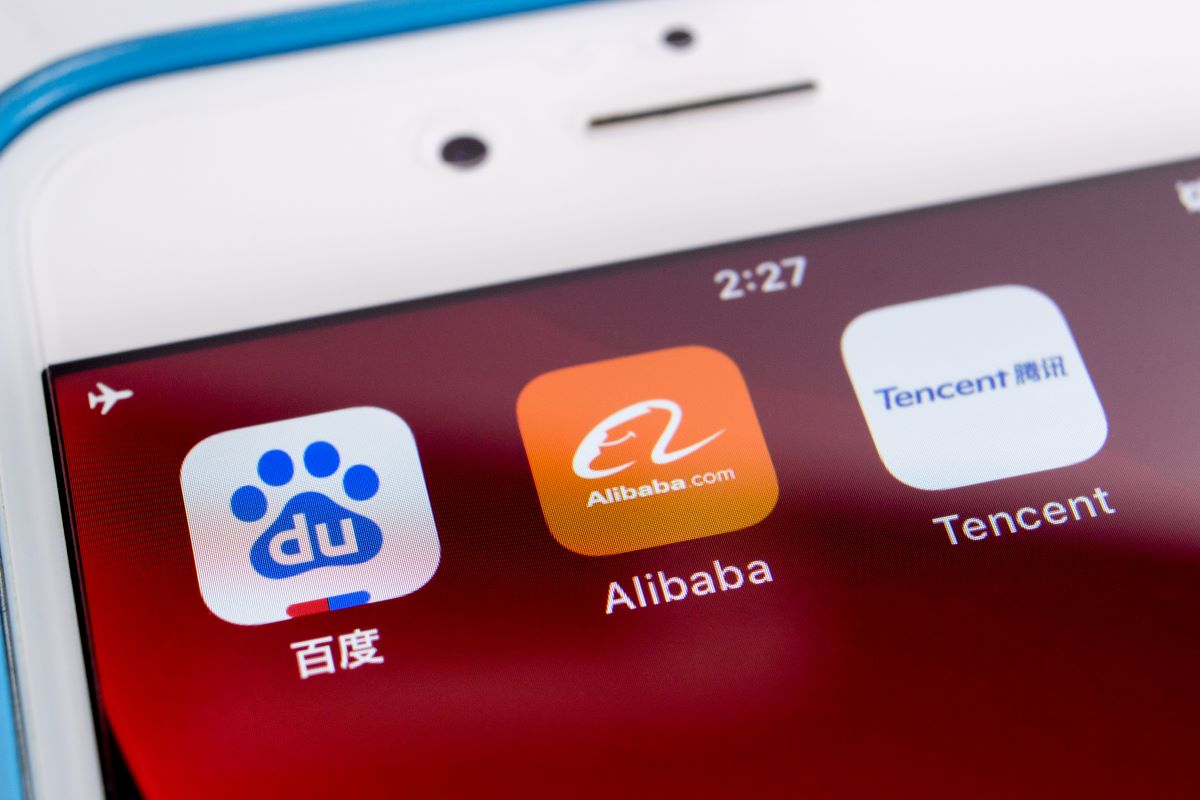China is moving to get better control of its corporate giants, especially in the technology sector which has been riddled with regulatory scrutiny since the start of this decade. Following through on its intention, Beijing has acquired so-called ‘golden shares’ in two domestic units of tech giant Alibaba Group Holdings.
This is not the first time China has taken up a stake in private media and content firms, and the country in recent years has widened the scope of its acquisitions to include firms that handle large troves of data. While Alibaba is among the first tech giants to sell a part of the company to the Chinese government, Tencent Holdings is likely next on the list.
What are ‘golden shares’?
‘Golden shares’ are basically a government stake, with the share structure in theory allowing Beijing to nominate directors and sway important company decisions, which could potentially grant it the ability to influence the sector in the long term.
Golden shares are typically 1% of the target firm and are purchased by funds or companies backed by the Chinese government.
Based on business registration records of Alibaba, an arm of the Cyberspace Administration of China (CAC) took a 1% stake in the tech giant’s digital media unit in Guangzhou earlier this month. Meanwhile, an investment vehicle of state-owned Zhejiang Media Group took a 1% stake in Shanghai-based Youku Film and Television. Zhejiang also appointed Jin Jun, an internal executive, to the Alibaba unit’s board.
The Alibaba units operate the Youku streaming platform and the mobile browser UC Web, which both handle loads of customer data. The fund that has bought stakes in Alibaba’s Guangzhou unit is backed by the CAC, CITIC Group, China Post and China Mobile.
Financial Times earlier reported that a government unit might take a similar stake in a Tencent unit in the coming days, which could mean higher government control on Tencent Video and WeChat. The media agency allegedly took a look at how the golden shares arrangement works at ByteDance, whole reflecting how Beijing tightened its grip over the TikTok parent’s central unit in China.
A CAC-connected fund took a 1% stake in Beijing ByteDance Technology and won the right to nominate one of the company’s three directors. Wu Shugang, part of the Chinese Communist Party, was appointed to the board of the ByteDance subsidiary. Wu now has a say in business strategy, acquisitions, and profit allocation, as well as some control over the content of ByteDance’s media platforms operating in China.


 Australia
Australia China
China India
India Indonesia
Indonesia Japan
Japan Malaysia
Malaysia Philippines
Philippines Singapore
Singapore South Korea
South Korea Taiwan
Taiwan Thailand
Thailand Vietnam
Vietnam







